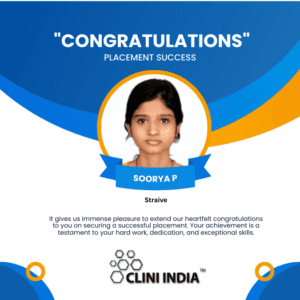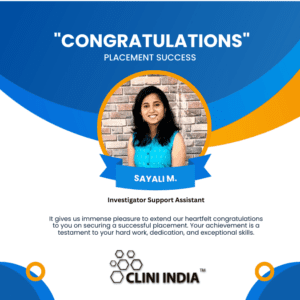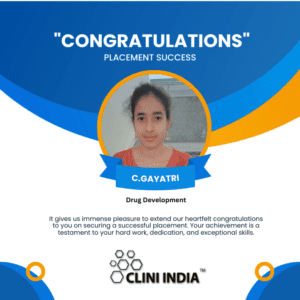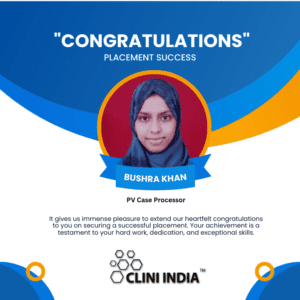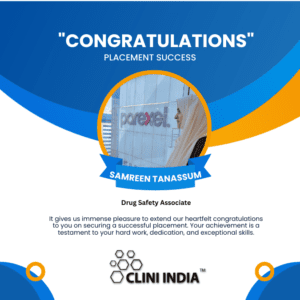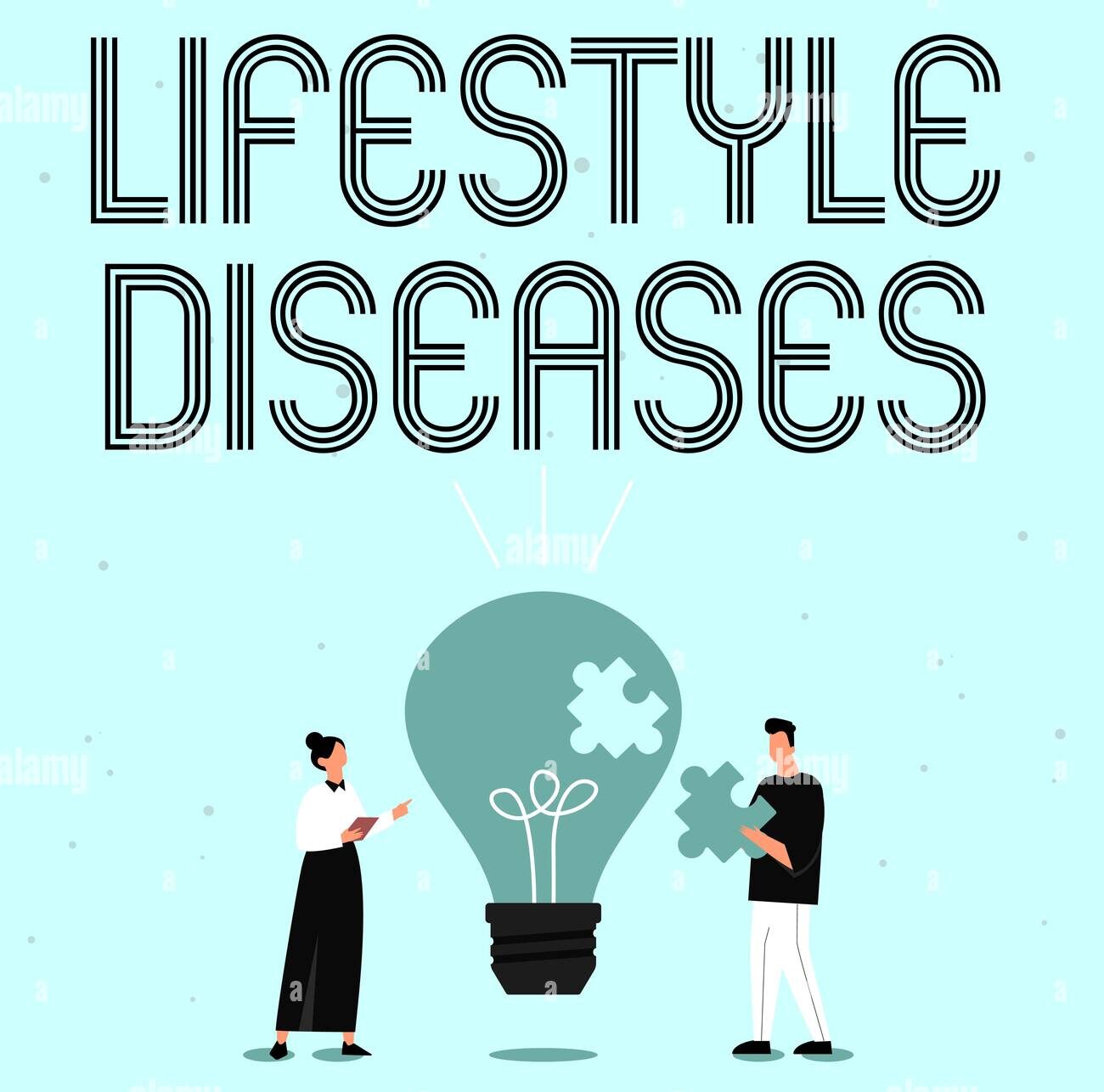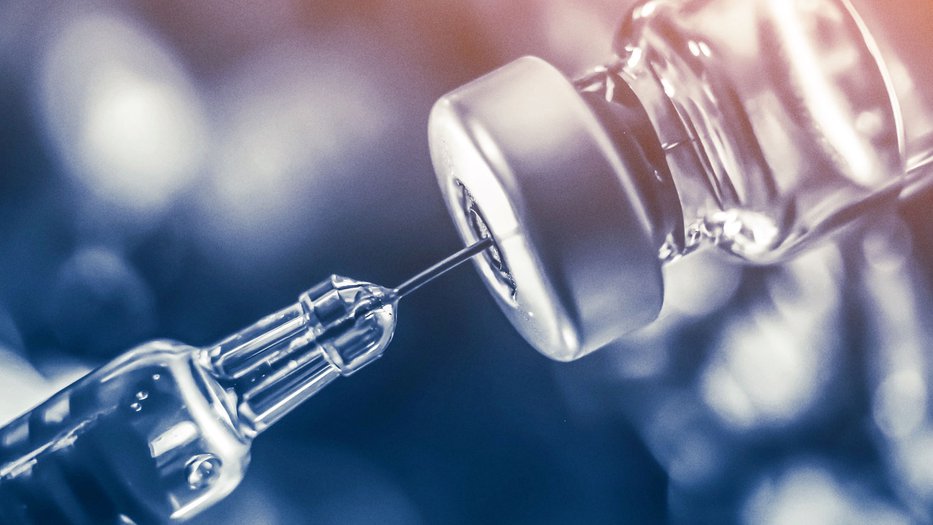
Sample Interview Questions for Clinical Research Associate (CRA) Roles
If you’re preparing for a Clinical Research Associate (CRA) interview as a fresher, expect questions related to clinical trials, regulations, and your understanding of the role. Below are common interview questions categorized into different areas:
1. General Questions
- Can you tell us about yourself and your background?
- Why do you want to work as a Clinical Research Associate (CRA)?
- What do you know about our company and its clinical research work?
- What skills do you think are important for a CRA?
- How do you stay updated with clinical research trends and regulations?
2. Clinical Research Knowledge
- What are clinical trials, and why are they important?
- What are the different phases of clinical trials?
- What is the role of a CRA in a clinical trial?
- What are Good Clinical Practices (GCP), and why are they important?
- Can you explain the concept of Informed Consent in clinical research?
- What are the key responsibilities of a Principal Investigator (PI) in a clinical trial?
- What is the difference between a blinded and an open-label study?
- What are the essential documents required in a clinical trial?
3. Regulatory and Ethical Guidelines
- What do you know about ICH-GCP guidelines?
- Can you explain the role of regulatory authorities like the FDA, EMA, and DCGI?
- What is an Institutional Review Board (IRB) or Ethics Committee (EC)?
- How do you ensure compliance with ethical guidelines in a clinical trial?
- What are adverse events (AEs) and serious adverse events (SAEs)? How should they be reported?
- What is the role of a Sponsor in clinical research?
4. Technical and Monitoring Skills
- How would you prepare for a site visit as a CRA?
- What steps would you take to monitor a clinical trial site?
- How would you handle protocol deviations?
- What is Source Data Verification (SDV), and why is it important?
- How do you ensure data integrity in clinical research?
- How do you manage communication with investigators and site staff?
- What are Risk-Based Monitoring (RBM) and its significance in clinical trials?
5. Situational and Behavioral Questions
- Describe a time when you had to work under pressure and meet tight deadlines.
- How would you handle a situation where a site is not complying with the study protocol?
- If an investigator reports a serious adverse event, how would you handle it?
- What would you do if you found discrepancies in the trial data during monitoring?
- How do you prioritize multiple tasks in a fast-paced clinical research environment?
6. Miscellaneous and Soft Skills
- What are your strengths and weaknesses related to this role?
- How do you handle conflicts in a team setting?
- Are you comfortable with frequent travel as a CRA?
- Do you have experience working with electronic data capture (EDC) systems?
- How do you ensure effective communication with different stakeholders in a trial?
Tips for Freshers Preparing for a CRA Interview
✔️ Revise Clinical Research Basics – Be thorough with ICH-GCP guidelines, clinical trial phases, and regulatory bodies.
✔️ Understand CRA Responsibilities – Know the key tasks, such as site monitoring, compliance checks, and documentation review.
✔️ Be Familiar with Case Scenarios – Expect situational questions related to site monitoring and issue resolution.
✔️ Show Enthusiasm for Learning – As a fresher, highlight your eagerness to learn and adapt in a clinical research environment.
✔️ Practice Behavioral Questions – Use the STAR method (Situation, Task, Action, Result) to structure your responses.





